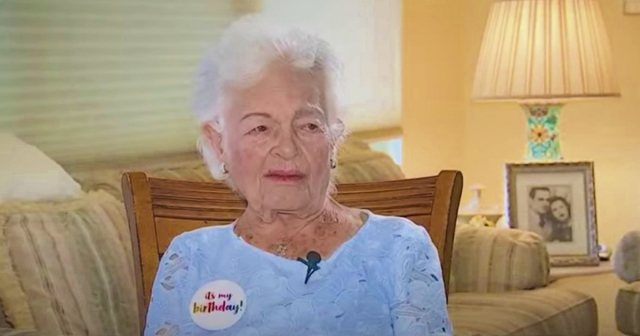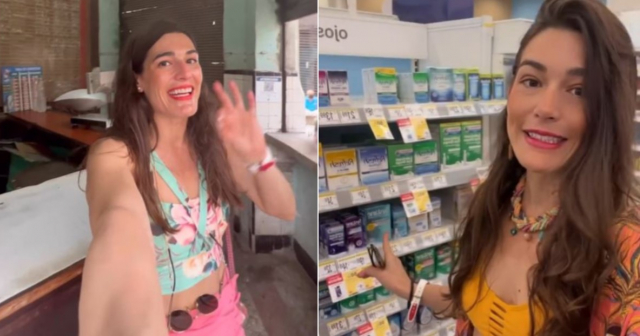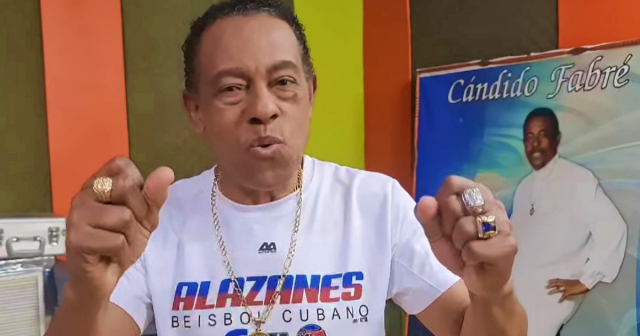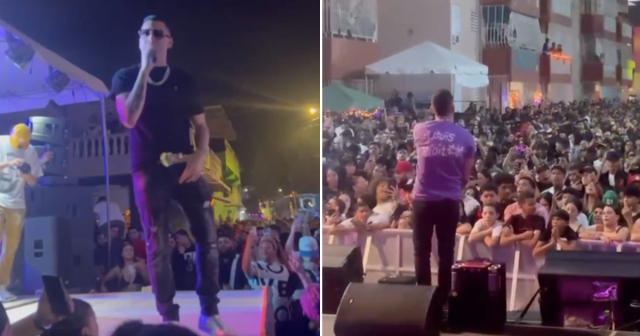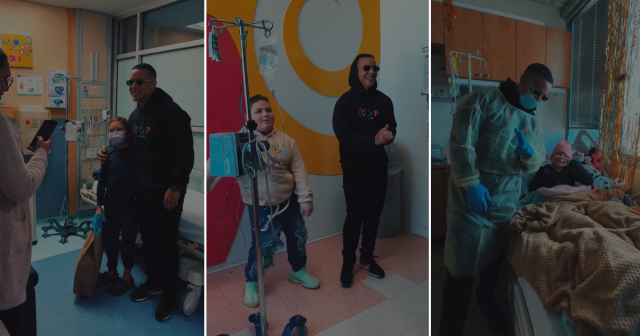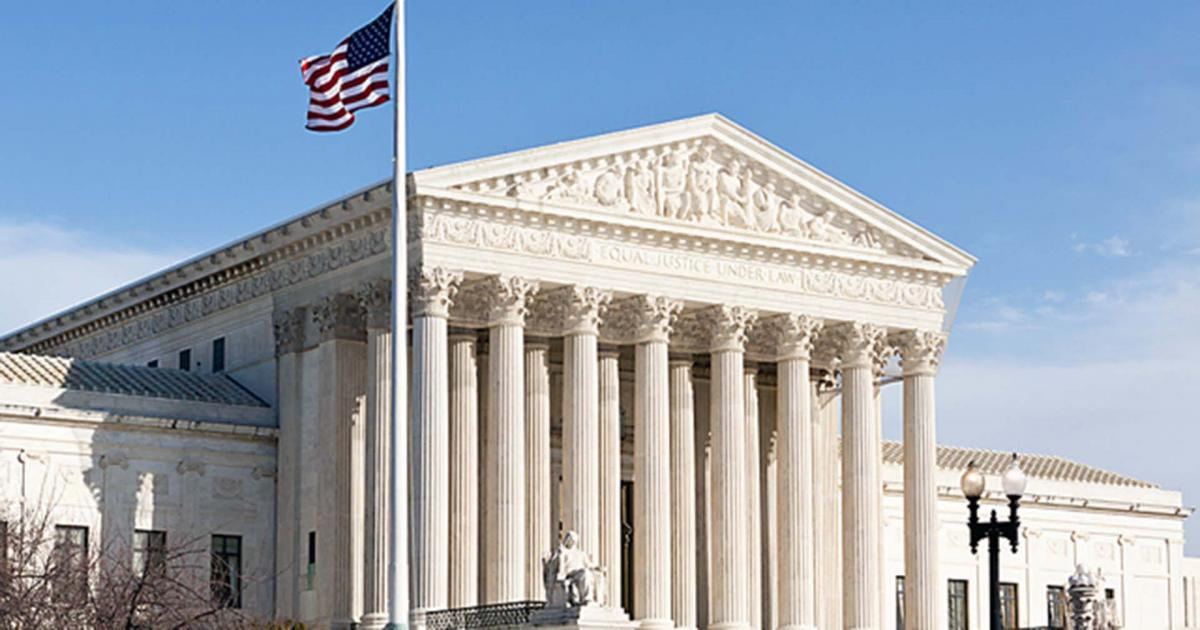
WASHINGTON (Reuters) - TheThe US Supreme Court rejected this Thursday an attempt to include residents of Puerto Rico in a federal programthat offers aid to low-income elderly, blind and disabled people, considering that Congress has the authority to prevent those who live in the territory from receiving aid.
The judges ruled 8 to 1 in favor of the president's governmentJoe Biden, reversing a lower court ruling that determined that Congress' decision in 1972 to exclude Puerto Rico from the Supplemental Security Income (SSI) program violates a requirement of the Constitution that the laws apply equally to everyone.
The ruling denies thesocial benefits to some 300,000 people on the Caribbean island who might otherwise be entitled to them. The federal government has said that an expansion to include Puerto Rico would have cost $2 billion a year.
"Enough of this colonial status that discriminates against us and affects our quality of life. The only and best solution is statehood," he said in a statement.Pedro Pierluisi, governor of Puerto Rico and who isin favor of the island becoming a state of the United States.
The status of Puerto Rico is an issue that divides the island, as some favor remaining a Commonwealth and unincorporated territory, while others push for statehood or even independence from the United States.
The ruling, whose author is the conservative judgeBrett Kavanaugh, determined that Congress validly acted under a constitutional provision that allows legislators to treat unincorporated territories differently from states.
Kavanaugh said a ruling that extends thebenefits to Puerto Rico could have "far-reaching consequences" that would inflict additional financial burdens on its residents - including requiring them to pay federal income tax, something they do not currently do.
"The Constitution does not require that extreme result," Kavanaugh wrote.
The liberal judgeSonia Sotomayor, whose parents were from Puerto Rico, was the only dissident. Sotomayor noted that since the island does not have electoral representation in Congress, its people cannot trust Congress to recognize their rights.
"Equal treatment of citizens should not be left to the whims of the political process," Sotomayor wrote.
A provision that extends thebenefits SSI to Puerto Rico is part of Democratic-backed social spending legislation that has stalled in Congress.
(Reporting by Lawrence Hurley; edited in Spanish by Ricardo Figueroa)
What do you think?
COMMENTFiled in:

